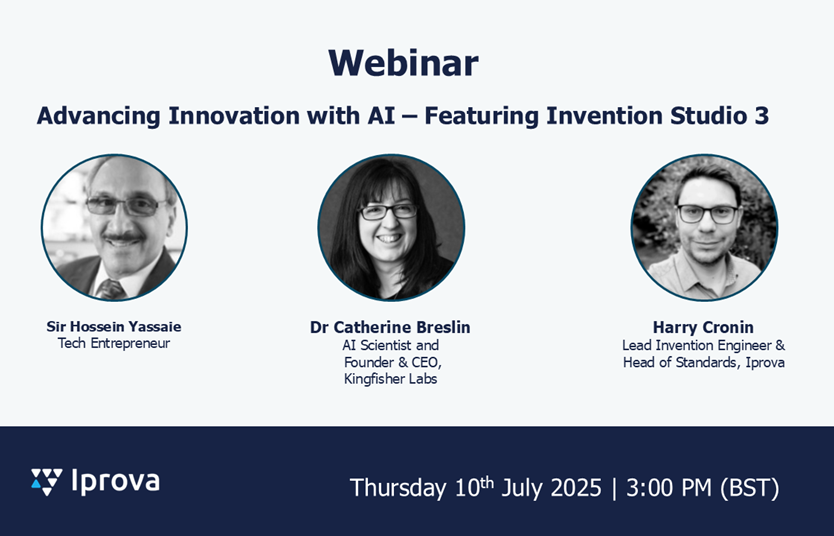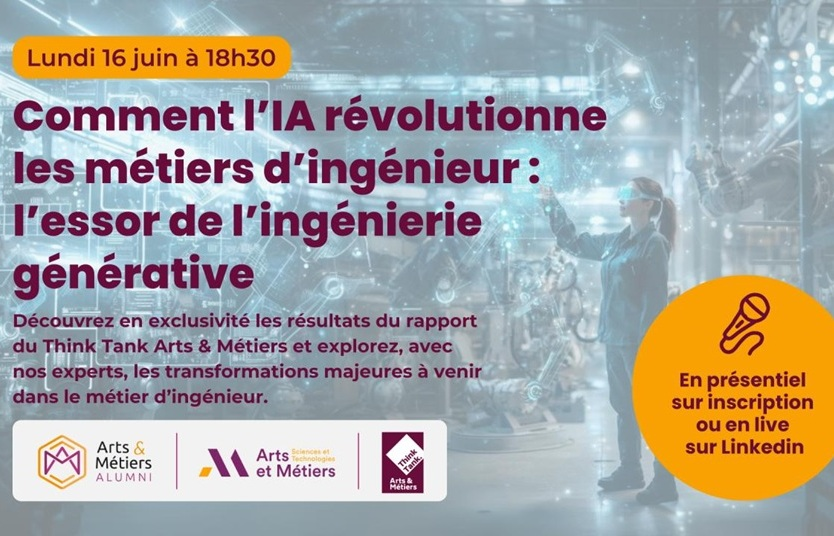In 2015, the United Nations created 17 Sustainable Development Goals (SDGs), which are intended as a universal call to action to end poverty, protect the planet and achieve peace and prosperity for all by 2030. These 17 interconnected goals are broadly relevant to almost every aspect of human life, covering environmental, social and economic issues in which radical change is needed to ensure a sustainable future for humanity and our planet. But with such ambitious and far-reaching goals, we can’t help but ask the question: “Where do we start?”
Technological development will play a critical role in moving us towards a sustainable future and the UN emphasises that buy-in from commercial organisations will be pivotal in deciding whether the SDGs can be achieved by 2030. But knowing where to focus technical efforts, as well as tracking development activity across the 17 goals, is a daunting challenge. To address this, the UN has defined 231 metrics that track progress towards the goals. These metrics, combined with private sector analysis, can give an indication of the innovation activity associated with each goal. With the possibility of increased scrutiny around sustainable development, pressure to make a meaningful contribution to the SDGs is mounting on nations and companies alike.
But making a meaningful contribution is easier said than done when there are three key issues to address before we can even think about developing technical solutions to the SDGs:
- There’s too much data – the SDGs cover a huge range of interconnected topics in which new problems and advances are emerging every day.
- There’s not enough time – the UN’s 2030 target is now only 8 years away. That’s not a lot of time for the level of technological and societal change required.
- A global effort is needed – we can’t rely solely on the existing cohort of researchers and engineers to solve our sustainability problems. Everyone needs to contribute, and making more information available to more people is key to making this happen.
Data-driven invention is a proven breakthrough technology that can help to make advances towards addressing these challenges. It accelerates the human ability to invent by helping to rapidly find the type of information needed to create new sustainable products and services. By using machine learning to manage the data burden, the inventor no longer needs to trawl through the seemingly insurmountable volume of information available on the internet at large.
Importantly, data-driven invention can also increase the accessibility of invention, expanding the pool of potential inventors by improving the availability of relevant information to a wider set of relevant / interested parties. Through curating inventive insights based on their relevance to a topic, it can enhance the ability of new inventors (such as those from a technical background who had not previously had any opportunity to be technically inventive) to make novel connections. These connections can, of course, lead to inventions. However, they can, in addition, help to formulate new ideas and approaches which will also help to power an organisation’s SDG strategy and approach. This could be driven by the setting up of a “watching real-time idea alert”, which can automatically alert companies to triggers which may then result in the development of ideas, even if the changes which prompt the idea are from areas that are distant from both the context of the SDG and also the organisation’s own domain.
This is a much improved process compared to the traditional, more “closed” method of a small group of human researchers innovating and developing ideas by maintaining very narrow expertise at the forefront of a research topic.
Knowing that data-driven invention can help to solve the three fundamental issues of data, time and knowledge availability, we can think in greater depth about how this tool could potentially address specific SDGs. At a high level, data-driven invention can have a positive impact on goals (for example, goals 5, 8, 9 and 17[1]) that call for:
- greater access to technology and information,
- innovation and partnerships for sustainable development,
- more people working in research and development, and
- improvements to each of the above at a domestic level.
On a practical level, data-driven invention can be applied to almost any science or technology discipline. Iprova’s data-driven invention platform is optimised for technical inventing in fields that have high relevance to all of the SDGs, including zero hunger, health and wellbeing, education and sustainable cities. The technology provides a continuous stream of targeted information that can drive new ideas around each of the SDGs, helping companies to address their sustainability objectives in a focused way by monitoring for advances and developments and then reacting when appropriate.. Iprova has already used the platform to produce inventions that address some of the SDGs. For example:
- A system to manage the sustainable use of street lighting by identifying the lighting needs of manual and autonomous vehicles on the road, and;
- A power management system for electric shipping that facilitates battery array maintenance based on electrical loading of the power cells.
While data-driven invention offers a powerful opportunity to accelerate technical development for the SDGs, we must carefully consider how to deploy the technology in a way that truly enables global action. Iprova typically deploys its data-driven invention platform to clients in two ways: a) direct provision of inventions focused around a topic, or b) establishment of a client-embedded data-driven invention lab. Both methods offer clients the opportunity to develop sustainable products and services based on highly targeted inventive information. As products, these inventions provide consumers with sustainable alternatives, helping to gradually transition the general public away from existing unsustainable offerings.
In combination with top-down innovation from large corporations, there is also the opportunity to provide direct access to data-driven invention through partnerships. By sponsoring access to data-driven invention, large companies could facilitate innovation locally in developing countries, thereby offering a greater chance of long-term sustainable development taking root domestically. The WIPO already offers similar schemes to local inventors in developing nations, providing support and access to patenting services that would otherwise be unavailable.
In summary:
- The UN’s sustainable development goals call for significant global change in a relatively short period of time. To meet these ambitious targets, we need a new approach to technological development that can help us to make the most of the time and resources available.
- Data-driven invention can help with this problem, by increasing the number of potential inventors and giving them the most relevant and inventive information at the right time.
- Commercial organisations will play a critical role in achieving the sustainable development goals. Using data-driven invention techniques, these companies can make meaningful contributions by rapidly ideating and developing sustainable products and services internally, as well as increasing access to data-driven invention through partnerships with under-resourced inventors in developing countries.
If you would like to explore how Iprova can help in achieving your company’s sustainability goals, please contact us and we will be pleased to help.
[1] Goals 5, gender equality; 8, decent work and economic growth; 9, industry, innovation and infrastructure; and 17, partnerships for the goals.
More from our feed
Webinar: Advancing Innovation with AI – Featuring Invention Studio 3
Read more
How AI is Redefining Engineering: Iprova at the Arts & Métiers Event
Read more
Webinar – Harvesting Intellectual Capital: How AI is changing the game for attorneys and inventors
Read more